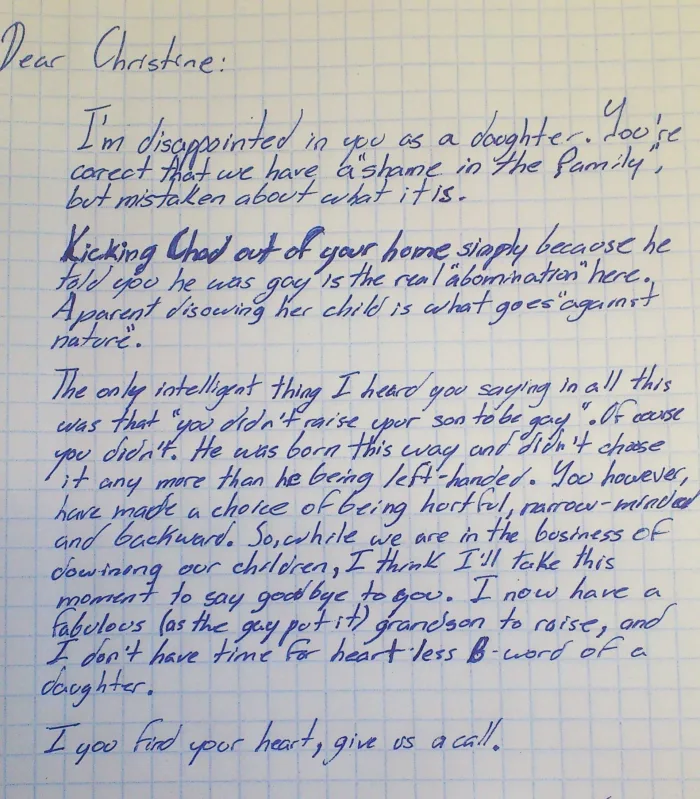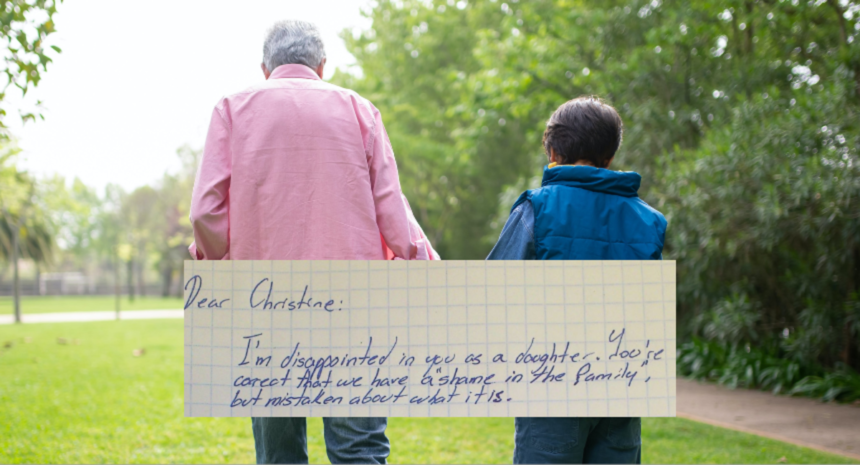Where the LGBTQ community is a prominent and integrated part of Western societies, disturbingly, we find ourselves grappling with a surge in irrational intolerance. Contrary to the belief that progress is being made, recent findings suggest a concerning regression.
GLAAD’s annual Accelerating Acceptance report reveals a disheartening trend among Americans aged 18 to 34. The comfort level in interacting with homosexual individuals has plummeted from 63% in 2016 to a mere 45% in 2018. This unexpected shift challenges the assumption that younger generations are inherently more open-minded about sexual orientations than their predecessors.
John Gerzema, CEO of The Harris Poll, expresses concern about these alarming numbers, emphasizing the anticipated progressiveness and tolerance of young people. This decline signals a potential social crisis in the realm of gay rights discrimination, underscoring the urgency for a shift in attitudes.
Coupled with the unsettling statistic is the discovery that 36% of young individuals admit discomfort at the prospect of learning a family member identifies as LGBTQ. This stark reality underscores the persistent challenges faced by those contemplating ‘coming out.’ For many, the prospect of rejection from their own families makes the experience even more daunting.
Interestingly, it appears that the older generation, often seen as more traditional, is sometimes better equipped to display tolerance and acceptance toward homosexuality than their own children. An illustrative example comes from a viral handwritten letter dating back to 2013. This heartfelt letter is from a grandpa who, in the face of his daughter Christine’s heartless rejection of her gay son Chad, eloquently imparts the essence of unconditional love.
Chad, after bravely revealing his sexual orientation, faced cruel rejection and hurtful labels from his mother. The grandpa, in a powerful response, called out Christine’s appalling behavior, stating that disowning Chad for being gay is the real ‘abomination’ and ‘against nature.’
The letter cleverly addresses Christine’s misconception about shame in the family, highlighting that a parent disowning their child goes against the essence of nature. It acknowledges that being gay is not a choice but an inherent aspect, comparing it to being left-handed. The grandpa condemns Christine’s hurtful, narrow-minded, and backward choices, ultimately choosing to bid her farewell.
The resonance of this letter persists, particularly in a time where acceptance appears to be dwindling rather than expanding. As societal attitudes undergo shifts, this letter serves as a poignant reminder that true acceptance and love should transcend personal biases. While the narrative may be changing, it is essential to celebrate those who stand as beacons of support and acceptance amid the rising tide of intolerance.

